Project-team COSMIQ
Quick Description
The COSMIQ team is a follow-up of the SECRET research-team since January 1st, 2020.
The research work within the project-team is mostly devoted to the design and analysis of cryptographic algorithms, in the classical or in the quantum setting. It is especially motivated by the fact that the current situation of cryptography is rather fragile: many of the available symmetric and asymmetric primitives have been either threatened by recent progress in cryptanalysis or by the possible invention of a large quantum computer. Most of our work mixes fundamental aspects and practical aspects of information protection (cryptanalysis, design of algorithms, implementations).
We actively reach out to various standardizing bodies (American NIST, ISO/IEC) to answer their call for primitives (e.g. NIST lightweight project, NIST post-quantum competition) or to warn them about existing standards (SHA-1, Kuznyechik).
What Do We Do?
Research Themes
Quantum Algorithms and Cryptanalysis
Quantum computers are expected to significantly disrupt modern cryptography. We investigate the consequences of quantum computing in several ways. First, we devise quantum attacks on both symmetric and asymmetric cryptographic primitives that are based on adapting well known techniques to the new quantum setting. Second, we create entirely new dedicated quantum algorithms and attacks. Our overall goal is to come up with an extensive quantum cryptanalysis toolbox that would allow a precise evaluation of the security of a cryptographic primitive against quantum computers.
Symmetric cryptology
We work on stream ciphers, block ciphers and hash functions. Our investigations consider all aspects of the field, from practical (new attacks, concrete specifications of new systems) to more theoretical ones (study of the algebraic structure of underlying mathematical objects, definition of optimal objects).
Post-quantum asymmetric cryptology
Cryptographic primitives which exploit some problems coming from coding theory provide a good alternative to the commonly used systems based on number theory like RSA. They are usually named post-quantum cryptosystems since they would not become obsolete with the coming up of the quantum computer. We investigate the security of these systems, their practical implementation and the design of fast cryptographic primitives based on codes.
Quantum information theory
The main obstacle towards the development of quantum computing is decoherence, a consequence of the interaction of the computer with a noisy environment. We investigate approaches to quantum error-correction as a way to fight against this effect, and we study more particularly some families of quantum error-correcting codes which generalise the best classical codes available today. Our research also covers quantum cryptography where we study the security of efficient protocols for key distribution, in collaboration with experimental groups. More generally, we investigate how quantum theory severely constraints the action of honest and malicious parties in cryptographic scenarios.
Useful Links
- List of Publications
- Our publications are listed on HAL here.
- Activity Report
- Each year, INRIA project-teams write a report presenting their scientific results and their other activities. The last report of our team is available online here (en).
- Contact
We are located the Centre Inria de Paris. To get there, you can follow these instructions.
INRIA - Projet SECRET
Bâtiment C - 2e étage
2 rue Simone Iff
CS 42112
75589 Paris Cedex 12, France
Cosmiq Team Members
Table of Contents
Quick Description-
What Do We Do?
- Research Themes Useful Links
- Anne Canteaut
- André Chailloux
- Pascale Charpin
- Gaëtan Leurent
- Anthony Leverrier
- María Naya-Plasencia
- Léo Perrin
- Nicolas Sendrier
- Antoine Bak
- Agathe Blanvillain
- Aurélien Bœuf
- Bruno Costa Alves Freire
- Merlin Fruchon
- Virgile Guémard
- Valérian Hatey
- Guilhem Jazeron
- Axel Lemoine
- Antoine Mesnard
- Bastien Michel
- Charles Meyer-Hilfiger
- Dounia Mfoukh
- Samo Novák
-
Head of the Project Team
Project Assistant
Permanent Researchers
Head of the Project-Team
Jean-Pierre Tillich
|

|
Project Assistant
Christelle Guiziou
|  |
Permanent Researchers
Anne Canteaut
|

|
André Chailloux
|
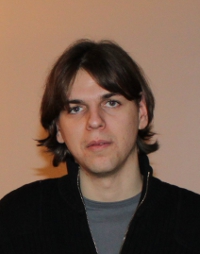
|
Pascale Charpin
|
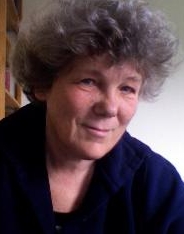
|
Gaëtan Leurent
|
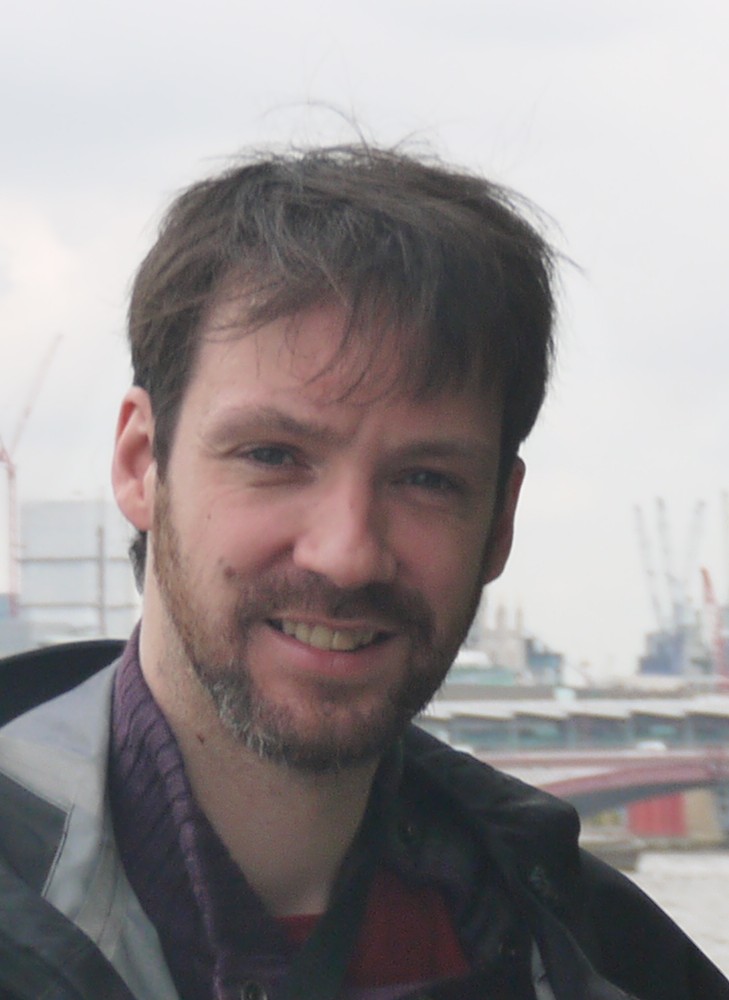
|
Anthony Leverrier
|
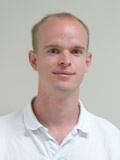
|
María Naya-Plasencia
|

|
Léo Perrin
|
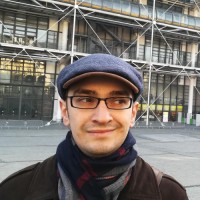
|
Nicolas Sendrier
|
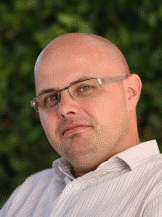
|
Visiting Researchers
Laura Luzzi
|

|
Post-doctoral Fellows
Shibam Ghosh
|
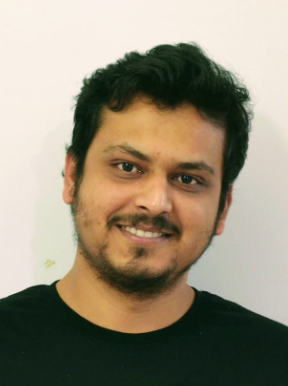
|
Paul Hermouet
|
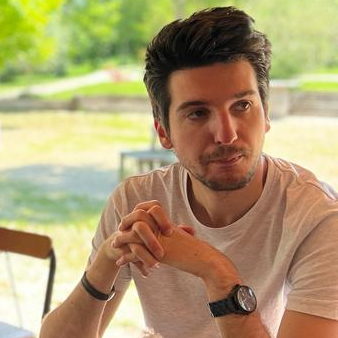
|
Eran Lambooij
|

|
Patrick Neumann
|

|
PhD Students
Antoine Bak
|
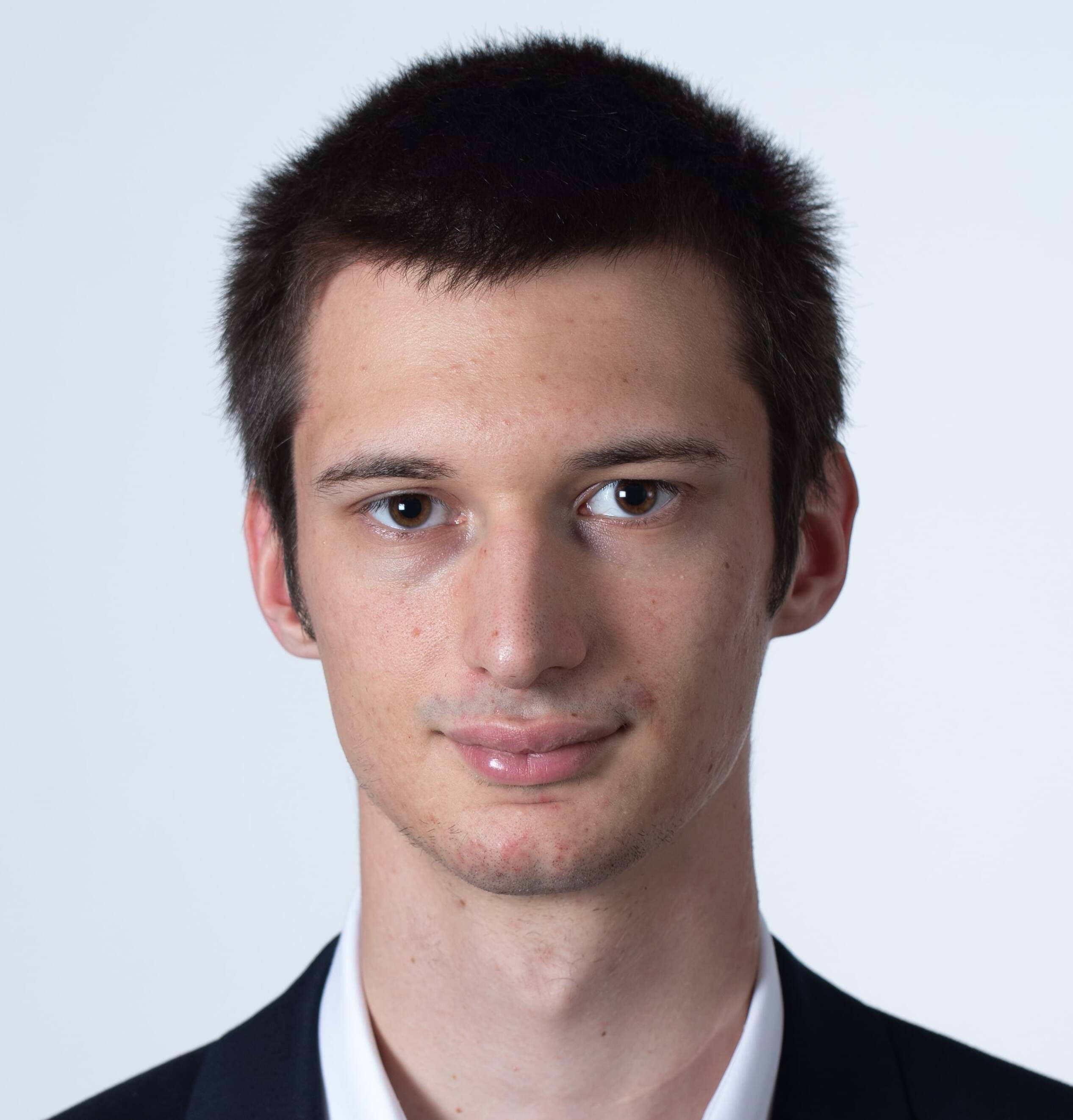
|
Agathe Blanvillain
|
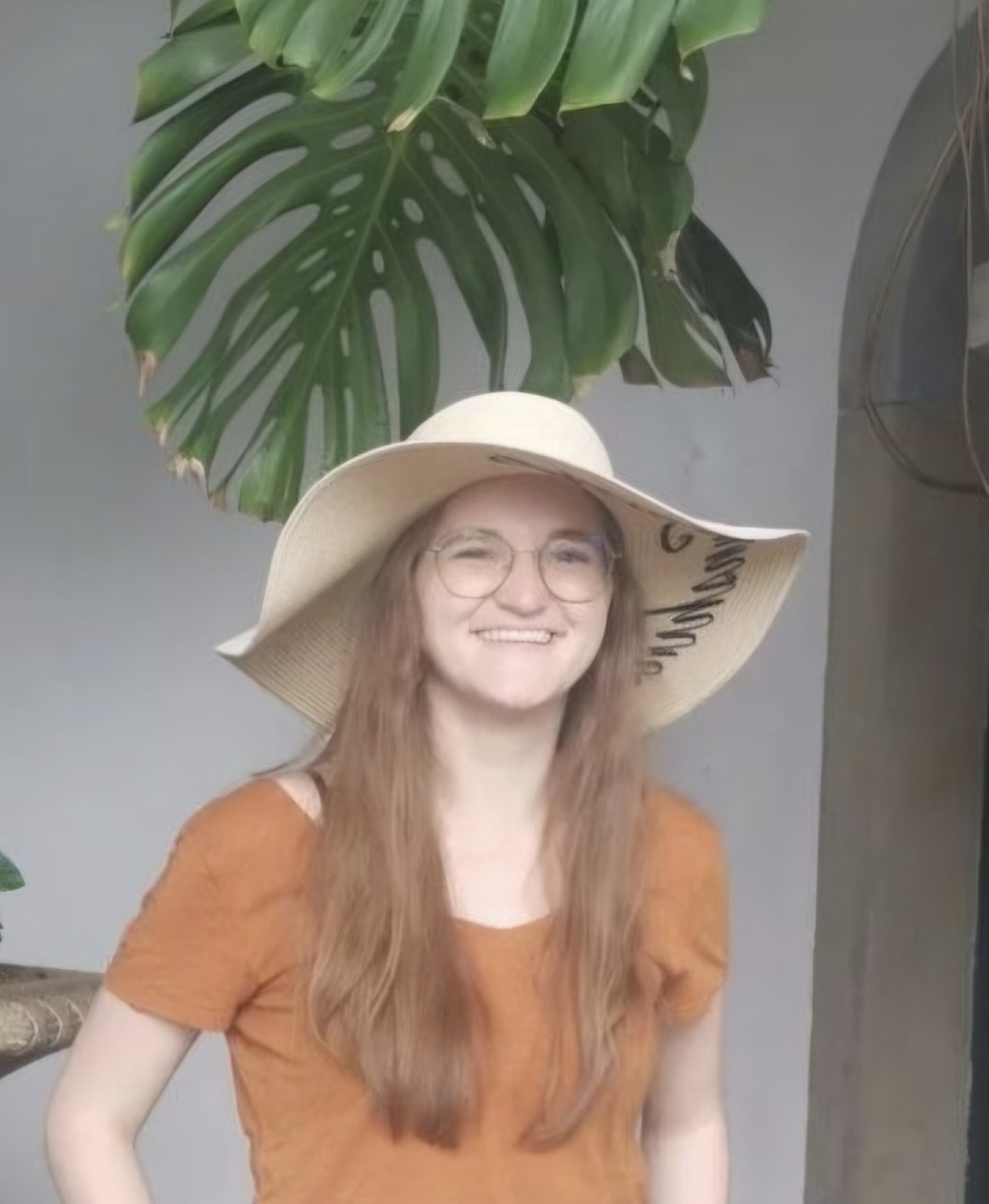
|
Aurélien Bœuf
|

|
Bruno Costa Alves Freire
|

|
Merlin Fruchon
|
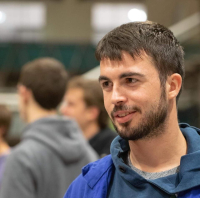
|
Virgile Guémard
|
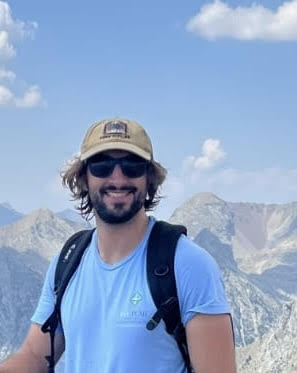
|
Valérian Hatey
|

|
Guilhem Jazeron
|
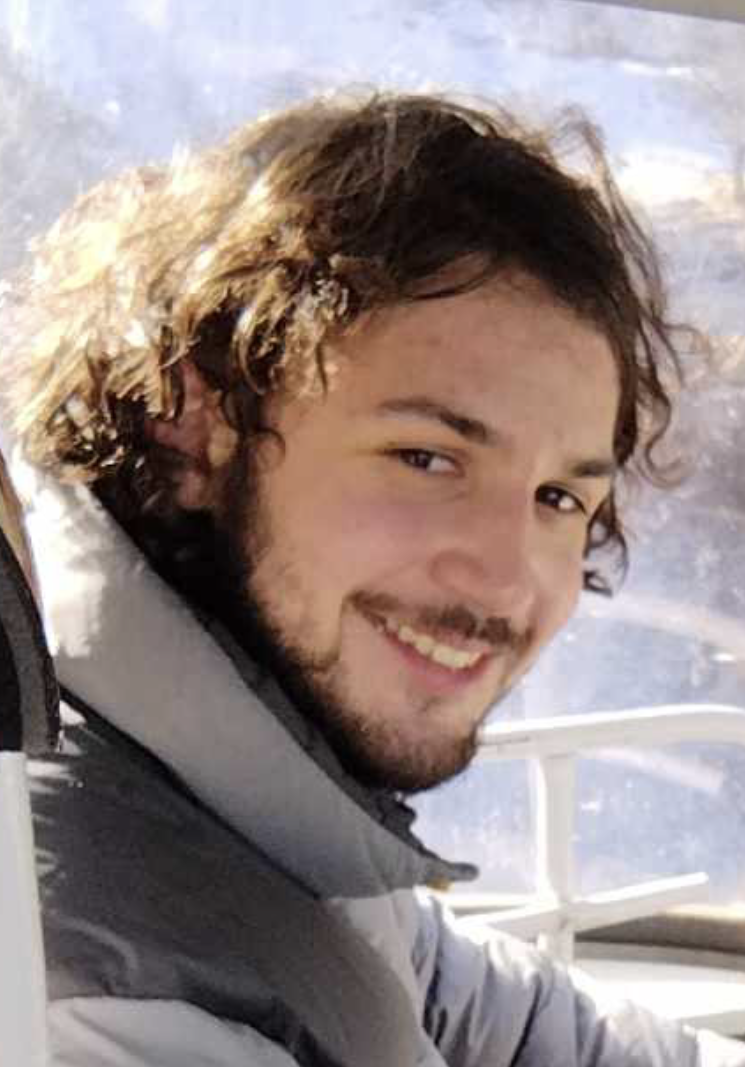
|
Axel Lemoine
|

|
Antoine Mesnard
|

|
Bastien Michel
|

|
Charles Meyer-Hilfiger
|

|
Dounia Mfoukh
|
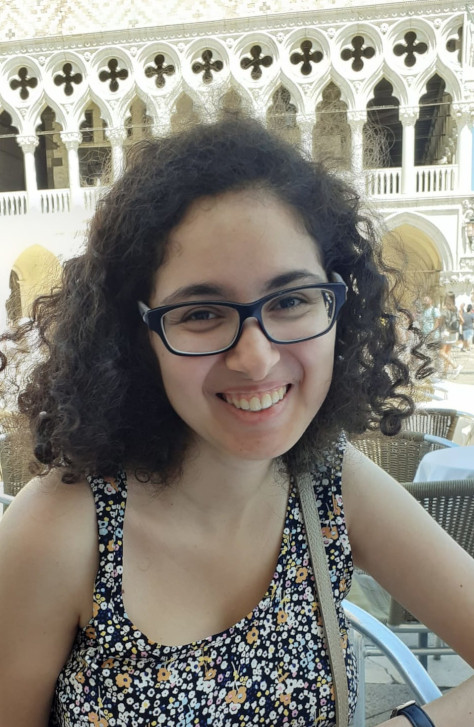
|
Samo Novák
|
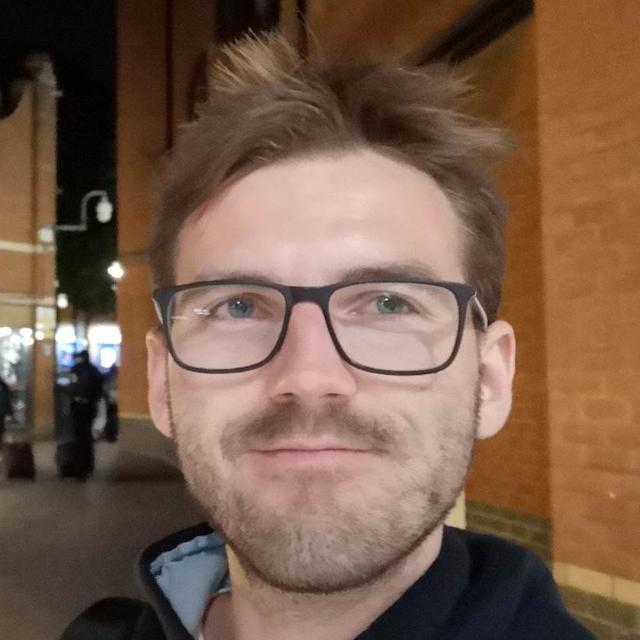
|
Former Members
Former members of the COSMIQ team (as well as of its previous instances SECRET and CODES) are listed on this page.
Regular Collaborators
- Thomas Peyrin, Nanyang Technological University, Singapour.
- Alain Couvreur, project-team GRACE (Inria and Polytechnique), France.
- Christina Boura, University of Versailles-Saint Quentin, France.
- Magali Bardet, University of Rouen, France.
 Version Française
Version Française